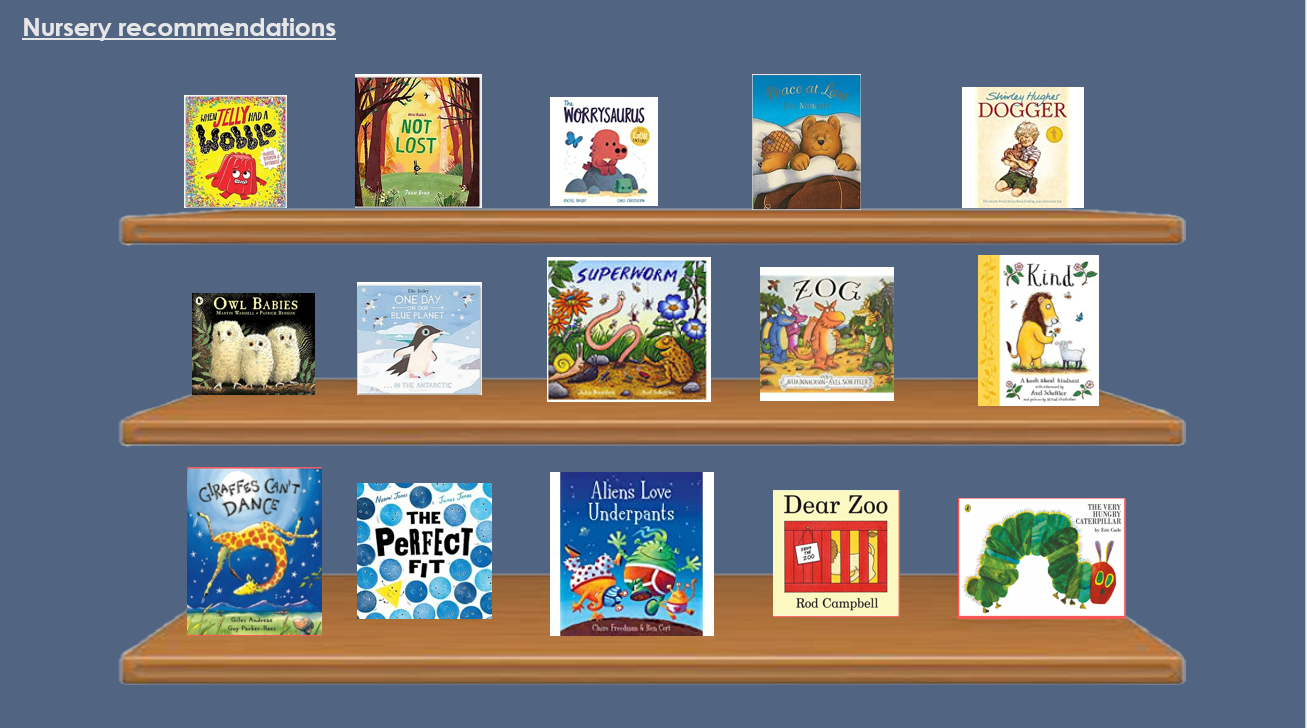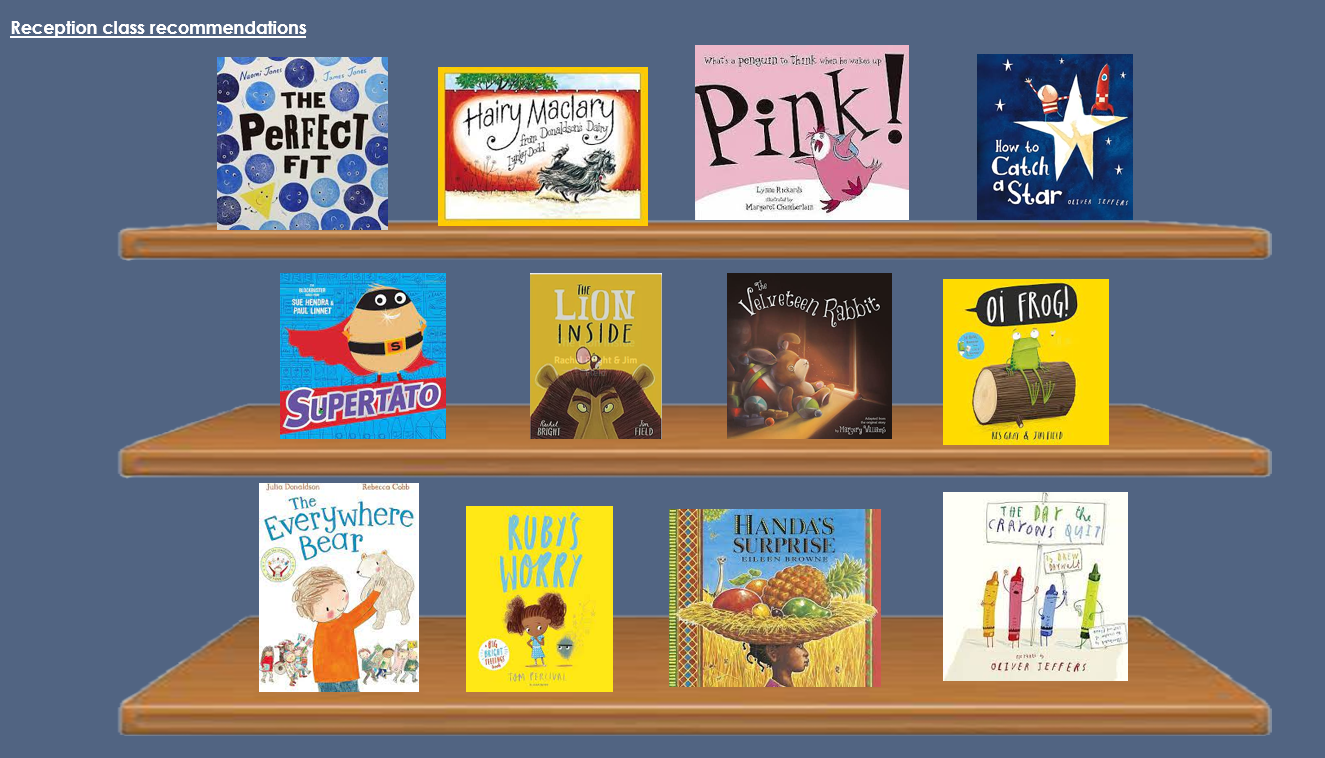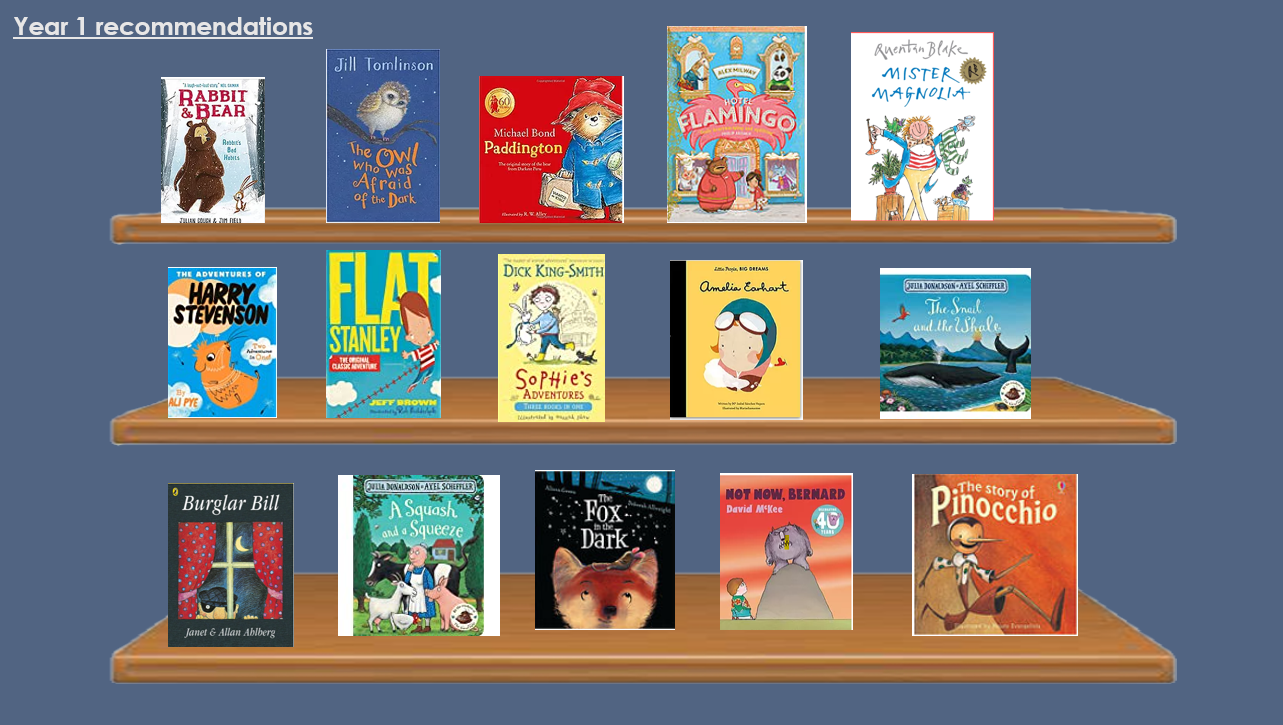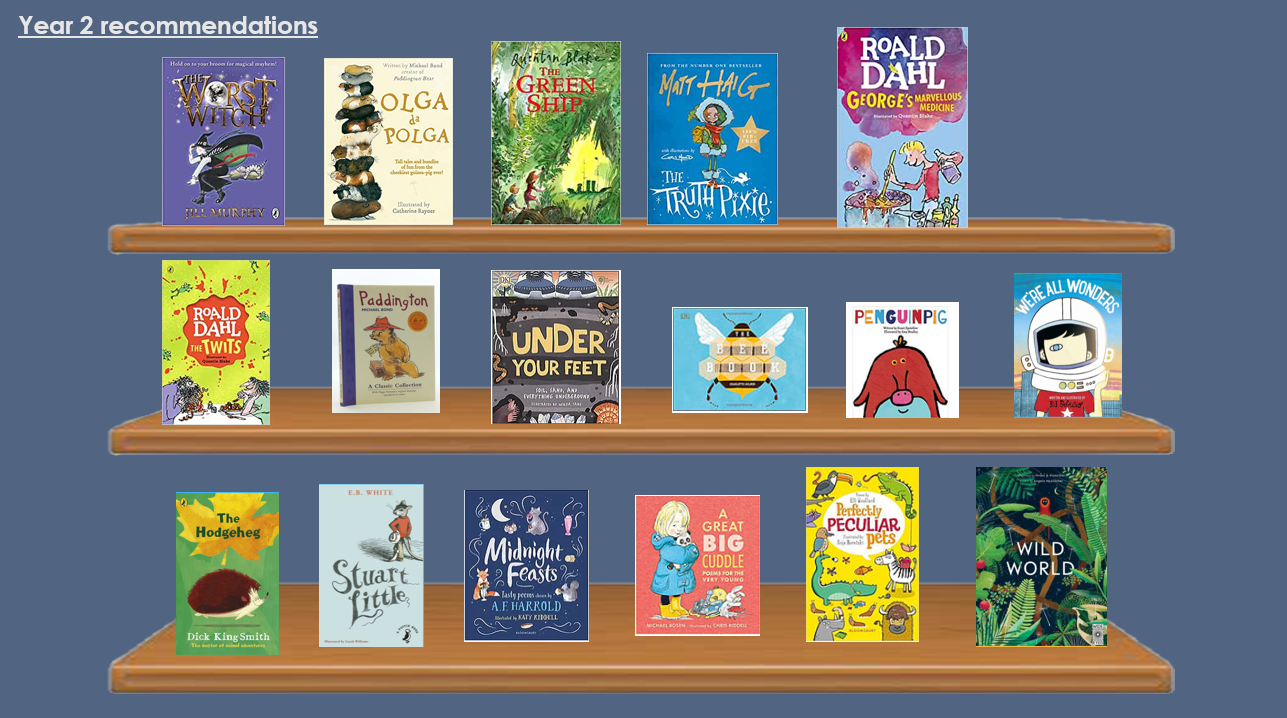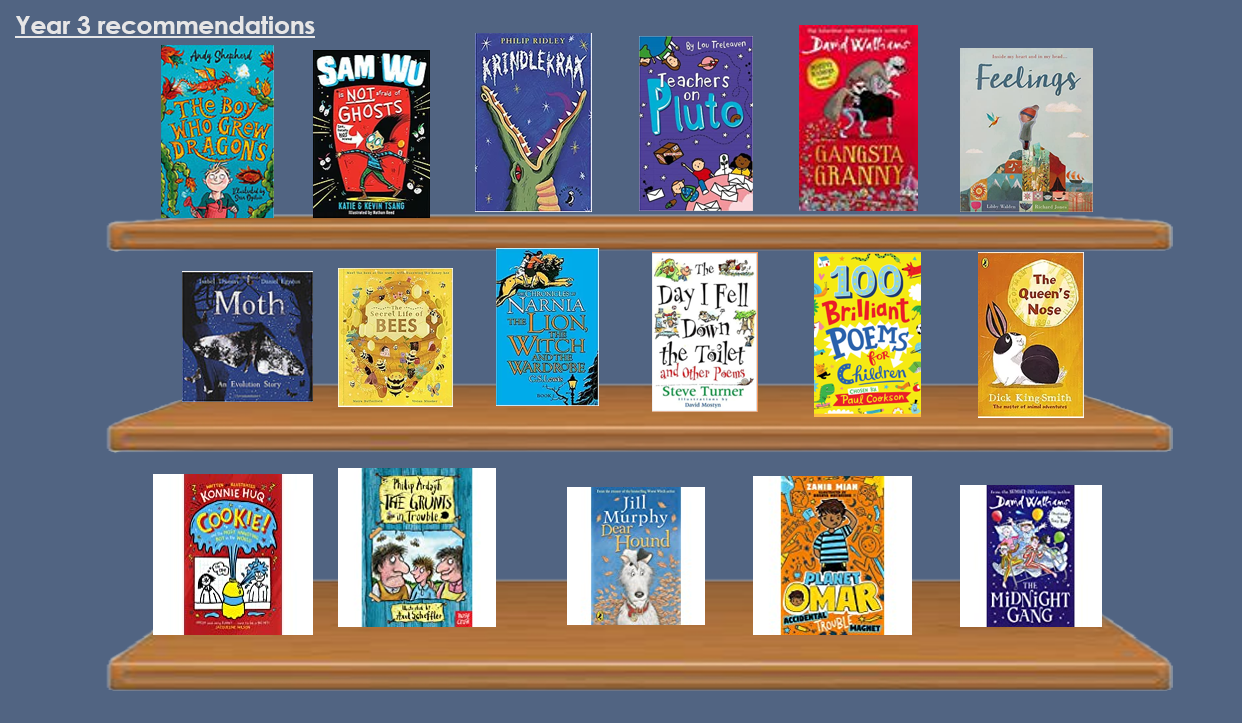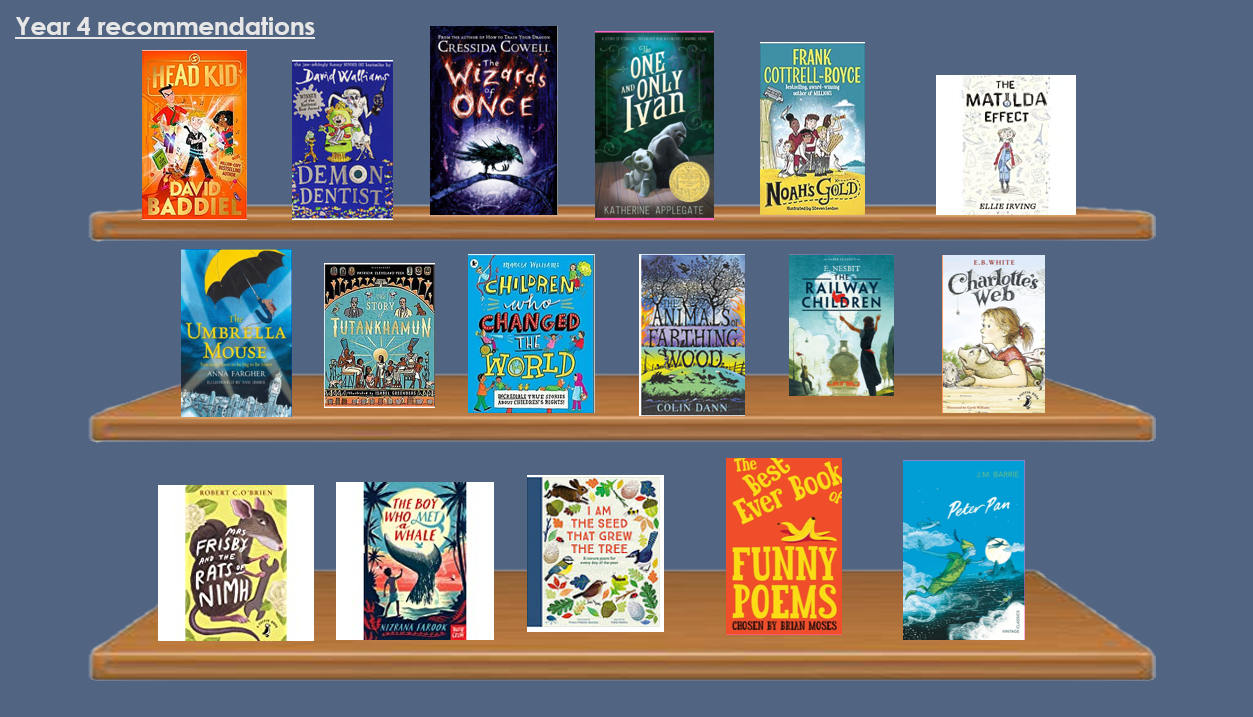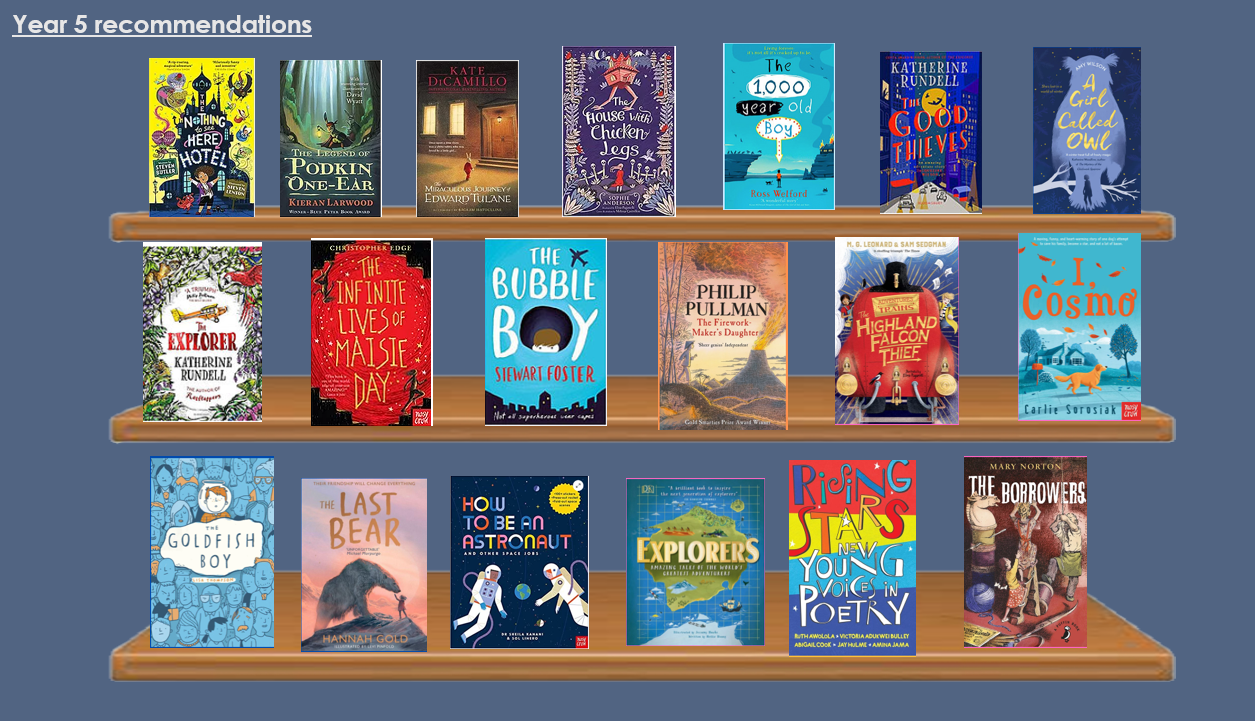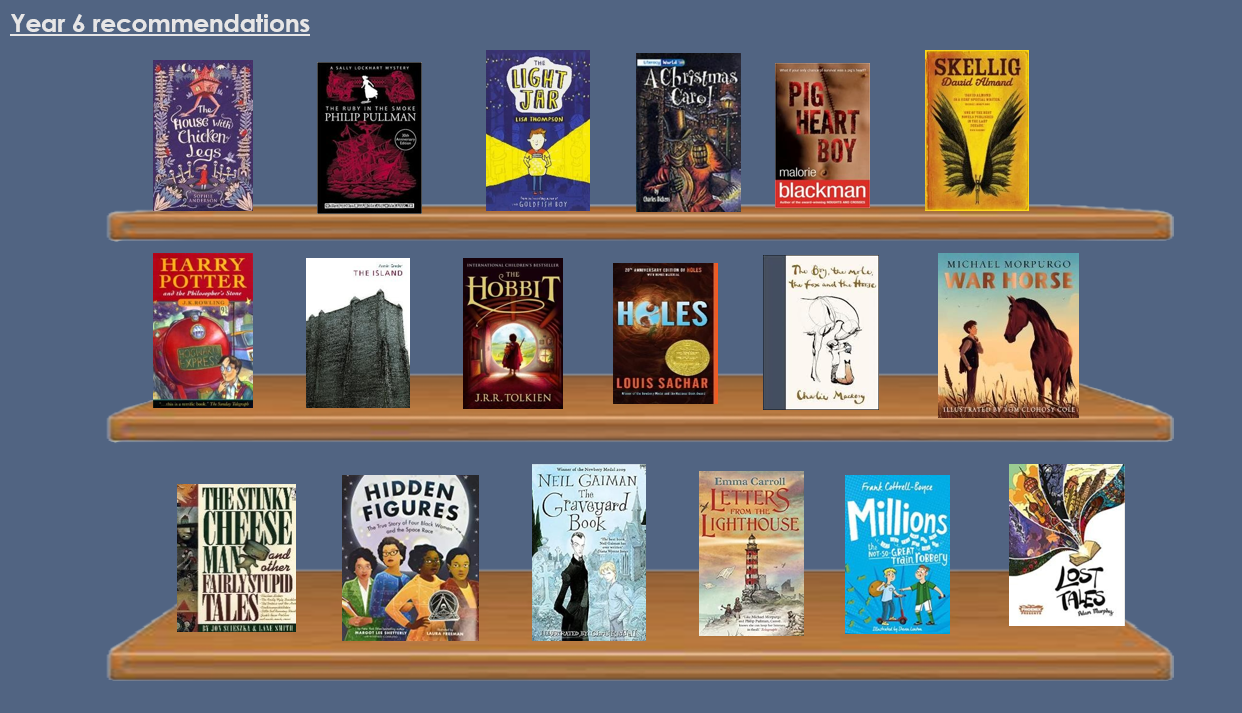Reading
BEING A READER AT THOMAS READE

VISION
We believe that reading is the master skill of school, as ‘learning to read’ and then ‘reading to learn’ unlocks the academic curriculum both in school and beyond. We want every child to leave us as a competent reader. Here at Thomas Reade Primary School, reading is a fundamental part of school life, both inside and outside of the classroom. Reading provides opportunities for children to develop their vocabulary and imaginations; give opinions in class discussions; take ideas to use in their writing; and, ultimately, interpret and become engaged in the world around them.
INTENT
We value reading highly. We recognise that reading for purpose and reading for pleasure is of fundamental importance, impacting every subject in our curriculum and each child’s own wellbeing. Our school culture looks for every opportunity to promote and celebrate reading.
In order to be competent readers, Thomas Reade pupils must:
- -decode accurately and with automaticity
- -monitor their own comprehension and self-select from a toolkit of strategies when the meaning is not immediately clear
- -use key skills such as retrieval and inference to understand a writer’s message and methods
- -read independently and for pleasure
It is vital if we are to achieve our ambition of ‘every child leaving school as a competent reader’ that we also provide intervention and targeted support for our children at every step of the way along their reading journey from Foundation Stage to Year 6. Staff quickly identify any children who need extra help or are at risk of falling behind. Teachers and teaching assistants skilfully support pupils, including those with special educational needs and/or disabilities (SEND). This helps all pupils to develop secure knowledge and skills in these subjects, catching up if needed.
IMPLEMENTATION -WHOLE SCHOOL CULTURE
During the school day, children are immersed in a ‘reading-rich’ culture. We believe that reading for purpose and reading for pleasure are both of key importance for children’s wellbeing, development and future. For this reason, our reading-rich curriculum ensures that a variety of fiction and non-fiction texts are used in a range of settings, including: early morning work; English lessons; whole-class reading lessons; guided reading lessons; phonics lessons; project lessons; assemblies; school library time, or through listening to a story as a class.
Promoting a love of reading from the beginningPromoting a love of literature is the first step in creating lifelong readers. This starts in our Nursery where children experience daily stories and activities that help them develop their language and vocabulary. Alongside this, children begin their journey of identifying words and sounds in their environment through songs, games and music. Children are also introduced to a range of non-fiction books from Nursery, and from Reception, non-fiction books are used within each topic to support and enhance the learning.
In Reception, our children are exposed to a wealth of carefully chosen literature which enables them to explore their feelings, the world around them, and helps them to develop their understanding of new vocabulary. The reading spine in Reception and Nursery include ten books which are re-read throughout the year. They are also provided with lots of musical experience that supports them with linking sounds to symbols, and understanding rhythm and rhyme.
Their personal reading journey starts through the Essential Letters and Sounds phonics scheme which rapidly teaches our children the sounds and skills they need to blend words and read simple captions and then sentences. The carefully linked reading books allow them to use and apply their skills whilst maintaining an understanding of how a good reader should sound. Each week, children have the opportunity to take home their phonetically-matched reading book, as well as a book of their choice from the library to share with grownups at home. In addition, they have access to a wider range of phonics books via our subscription to Oxford Owl.
PHONICSAt Thomas Reade we use the Essential Letters and Sounds (ELS), synthetic phonics programme primarily in our EYFS classes and KS1. Using ELS, the children learn to read effortlessly so they can put all their energy into comprehending what they read. It also allows them to spell easily so they can focus on the composition of writing.
IMPLEMENTATION – WHOLE CLASS TEACHING
As well as teaching reading skills (vocabulary, retrieval, summary, inference, prediction, analysis), we also incorporate reading basics and strategies (word reading, fluency, monitoring understanding and comprehension monitoring) and reading competencies (background knowledge, comparison, connection and empathy) into our reading teaching.
Reading lessons cumulatively build upon these three key areas, and include a clear sequence of modelled instruction, shared instruction and opportunities for guided and independent practice. These skills are applied by the children with increased independence when interacting with texts across all curriculum areas.
At Thomas Reade, our children regularly have opportunities to read aloud to their peers, adults and whole class. This helps improve their reading confidence, fluency and prepares them for their future. In addition, we value time for children to read a book of their choice for pleasure.
Our pupils all have access to well-stocked book areas in each classroom, as well as from our school library, where they can borrow books to enjoy at home. In the library, you will find ‘Book Recommendation’ displays. These help our children to discover new authors and books, as well as helping them to develop and grow their reading preferences.
We also provide a wealth of enrichment opportunities, such as author visits and workshops; whole school reading events such as World Book Day and a reading cafe for parents and children, and librarian sessions at our local library. This ensures that children benefit from access to positive role models from the local and wider community.
OUR SCHOOL LIBRARY
Our school library is open every day to all children. Children are allowed to borrow any book within the library, giving them access to a greater range of genres than those found in their class book corners. The library is run by Mrs Moulster and our team of 'Junior Librarians'.
We believe that reading is the master skill of school, as ‘learning to read’ and then ‘reading to learn’ unlocks the academic curriculum both in school and beyond! We want every child to leave us as a competent reader.

Phonics Assessment
Those delivering the daily phonics sessions use formative assessment to monitor which children have grasped the sounds and which need ‘keep-up’ support. In particular, the weekly review lesson is used to assess gaps in GPCs, blending skills necessary for word reading and fluency and sight recognition of ‘tricky words’. Summative assessment is used every six weeks to gauge progress; the results are added to our own recording tracker and monitoring systems. All of this assessment is used to inform planning for teaching and interventions.
KS1 Statutory Assessment
Children in Year 1 sit the Phonics Screening Check. Any child who does not pass the check re-sits it in Year 2.
KS2 Reading Assessment
We employ a range of different techniques to gain the widest possible understanding of each child’s reading ability: Testbase assessments, reading aloud 1:1, verbal/written responses in whole class reading lessons and a written assessment every term. Each pupil is individually assessed and recorded in the class reading folder where their strengths and areas for development are noted by the class teacher. This holistic approach to assessing reading gives a much fuller picture of a child’s achievement levels in reading than a single summative score and equips staff to know how best to support their progress.
KS2 Statutory Assessment
Year 6 pupils sit the KS2 statutory reading paper in May. Prior to this, mock papers are completed in October and January/February. These enable the children to become familiar with the demands of the test, as well as any access arrangements to which they are entitled. In addition, feedback is planned by the Year 6 staff – whether 1:1, group or whole class – to address areas of development from the mocks, enhancing their usefulness as an exercise which informs teaching, not just producing numerical data.
Being a Thomas Reader
Please read the following document explaining how we teach reading here at Thomas Reade.
Being a Thomas Reader
Reading Suggestions

We have produced a list of recommended books for each year group. We hope you enjoy as many as possible!
